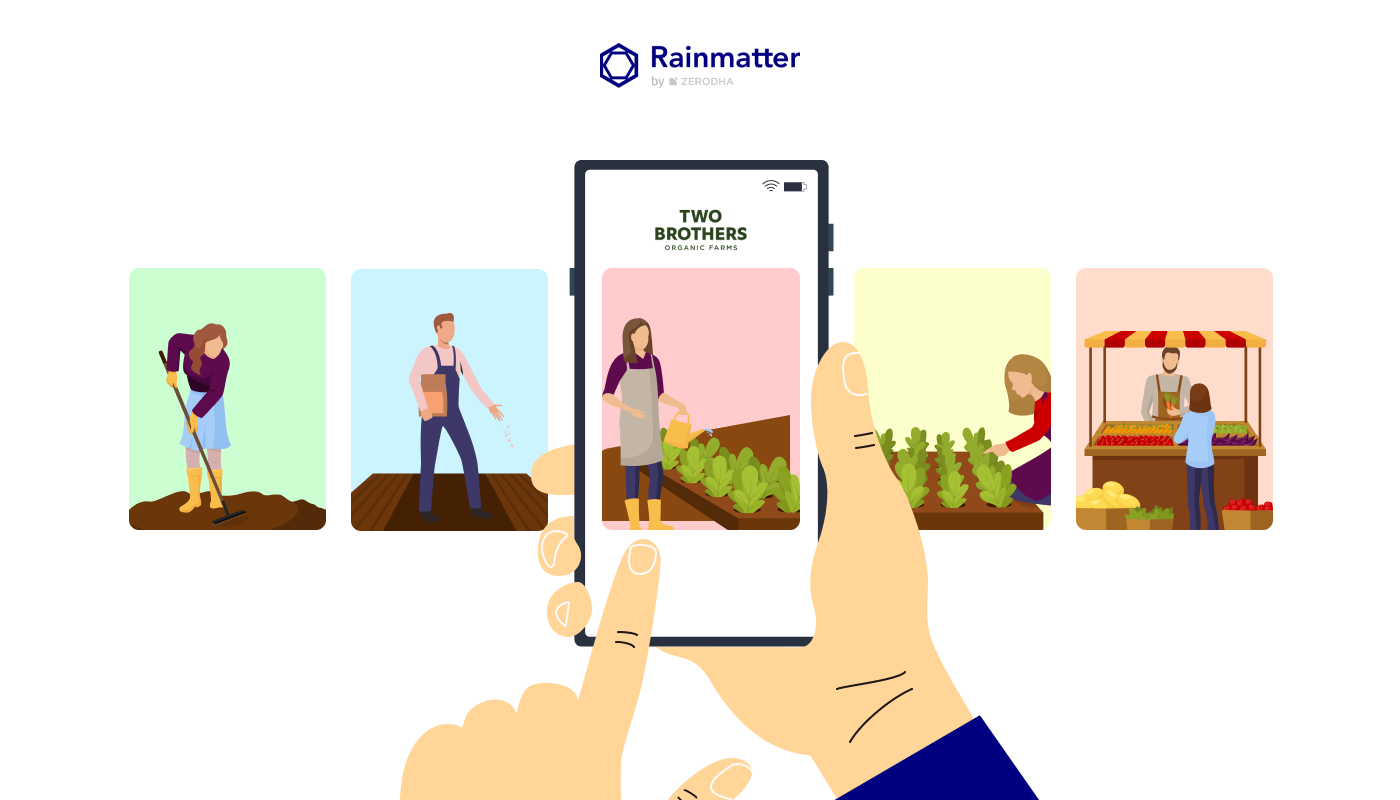
Two Brothers organic farming: Tracing food to seed stage
India can be the epicentre of organic & regenerative farming because it has the soil and climate and the skilled farming labour. India also has small land holdings; while this is a hindrance to industrial farming, it can be turned into an asset. Replacing industrial farming of wheat/rice/sugarcane with organic farming of a huge variety of food is not only better for the farmers, but also better for consumers as more supply can bring down the cost of organic products.
This is one half of the thesis of Two Brothers Organic Farming (TBOF). The other half – or the other pedal of the bicycle, using the analogy the founder used – is marketing. Consumers need to understand what goes into their food – from the growing to the processing to the packaging stage. Once they understand that the current industrial process is harming their health, they are more likely to pay a little more for organic food. So Two Brothers focuses on education in their marketing efforts.
Watch our latest episode
Learning by trial and error
Satyajit and Ajinkya Hange are the two brothers behind the brand. Their sugarcane farmer father had pushed them into higher education to get city jobs. The duo worked in financial services for about a decade before being drawn back into farming. They put their financial and marketing education to good use but they had to learn organic farming by trial and error.
Their first crop of pomegranate had to be burnt because of bacterial blight. But they were convinced about their logic of the soil having immunity if fed well with good nutrition. They held on to the part of the crop and were eventually proven right when it recovered.
Like this, they went through numerous trials and errors to learn organic farming. Their parents’ generation had lost the skill during the green revolution, so they went to their grandparents’ generation to learn about what crops are suitable for each region. A decade later, they are sharing all this playbook with anyone who wants to learn.
Working with farmers
TBOF works with five thousand farmers, handholding them through an app and a relationship manager. They encourage the farmers to grow a food forest, that is, a variety of perennial plants on their small holdings. The farmers are able to do this on the promise that the produce will be bought by the company. Indeed, they can earn a little more of the value chain by processing the fresh produce into longer shelf-life products.
For example, sugarcane is turned into jaggery. Dairy is turned into ghee. Seeds are turned into oil. Farmers also grow an unmodified ancient variety of wheat called khapli.
Marketing long shelf-life products with traceability
Like the other organic companies we have covered (Akshayakalpa and Organic Mandya), TBOF focuses on the processing and marketing of the products. The difference is TBOF focuses on long-shelf products. So instead of marketing and delivering to local markets, TBOF is able to market to a global audience that is willing to pay more.
Satyajit explained that the company’s USP is that it can offer true traceability because it controls the whole supply chain – from the seed stage to the packaged stage. So consumers can actually scan the QR code on the package to see information on the farm that their food was grown on. Their focus is now getting the consumer to care about their food so they spend some of the health budget on food instead.
TBOF has raised $5.7 million from Rainmatter which it put into building the processing centre outside Pune. Revenues are in the $13.5 million ARR range. The company is ready to scale and put organic food into millennial discussions.
